Who is responsible for health and safety in the workplace?
Are you responsible for health and safety in the workplace?
Safety standards in UK workplaces have risen considerably over recent decades, and this is in large part thanks to the risk management regulations that have been implemented. The basis of safety laws in Britain is the Health and Safety at Work etc Act 1974. Under the terms of this legislation, employers have duties to protect their workers and members of the public. However, the buck does not stop entirely with employers. Staff members also have responsibilities, both to themselves and to each other.
Employers’ duties
 Under UK laws, employers have the primary responsibility for risk control. They must protect the health, safety and welfare of their personnel and other people who might be affected by their operations. Employers are expected to do whatever is ‘reasonably practicable’ in order to achieve this.
Under UK laws, employers have the primary responsibility for risk control. They must protect the health, safety and welfare of their personnel and other people who might be affected by their operations. Employers are expected to do whatever is ‘reasonably practicable’ in order to achieve this.
The major safety responsibility that employers have is to conduct risk assessments. These analyses must identify and address all risks that could cause harm in the workplace. Organisations with five or more staff members have to record the significant findings of these assessments. Employers should also appoint competent people (these are often themselves or company colleagues) to help them implement the arrangements specified in the risk assessments.
In addition, employers are expected to provide their staff members with information on the dangers they face, and on how they are protected. They must also offer suitable instruction and training to their employees. This is where courses like IOSH Managing Safely and the NEBOSH National General Certificate in Occupational Safety & Health can prove invaluable.
Another responsibility concerns consulting employees on issues relating to health and safety. This can take place either directly or through safety representatives that are elected by workforces or trade unions.
Employees’ responsibilities
 Although the burden of health and safety primarily falls on employers’ shoulders, workers are not absolved of responsibility. They are expected to co-operate with their employers and colleagues to help ensure that everyone can meet the legal requirements.
Although the burden of health and safety primarily falls on employers’ shoulders, workers are not absolved of responsibility. They are expected to co-operate with their employers and colleagues to help ensure that everyone can meet the legal requirements.
Employees’ most important responsibilities include taking reasonable care of their own health and safety, taking reasonable care not to put other people, including co-workers and members of the public, in harm’s way in the course of their tasks and reporting any injuries, strains or illnesses they suffer as a result of doing their jobs. They are also expected not to interfere or misuse anything that has been provided for their health and safety and they must cooperate with their managers to ensure they receive proper training and they understand their organisations’ health and safety policies.
Personnel also have a responsibility to tell their employers if something happens that may affect their ability to work, such as becoming pregnant or developing an illness. In addition, if they operate machinery or drive vehicles, they must tell their bosses if they take medication that makes them drowsy.
A team effort
Risk control is most successful when people work together to reduce hazards. This is why both employers and employees are expected to do their bit to minimise dangers in the workplace.

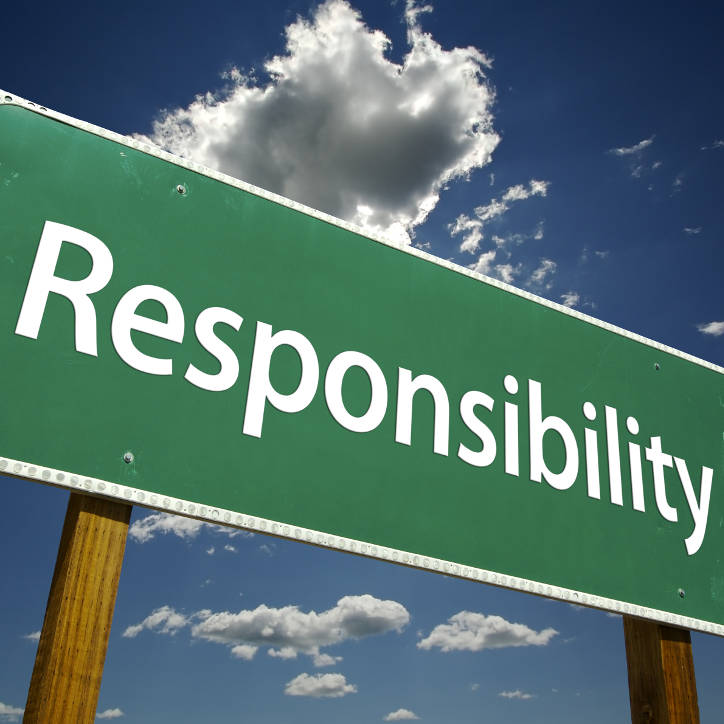
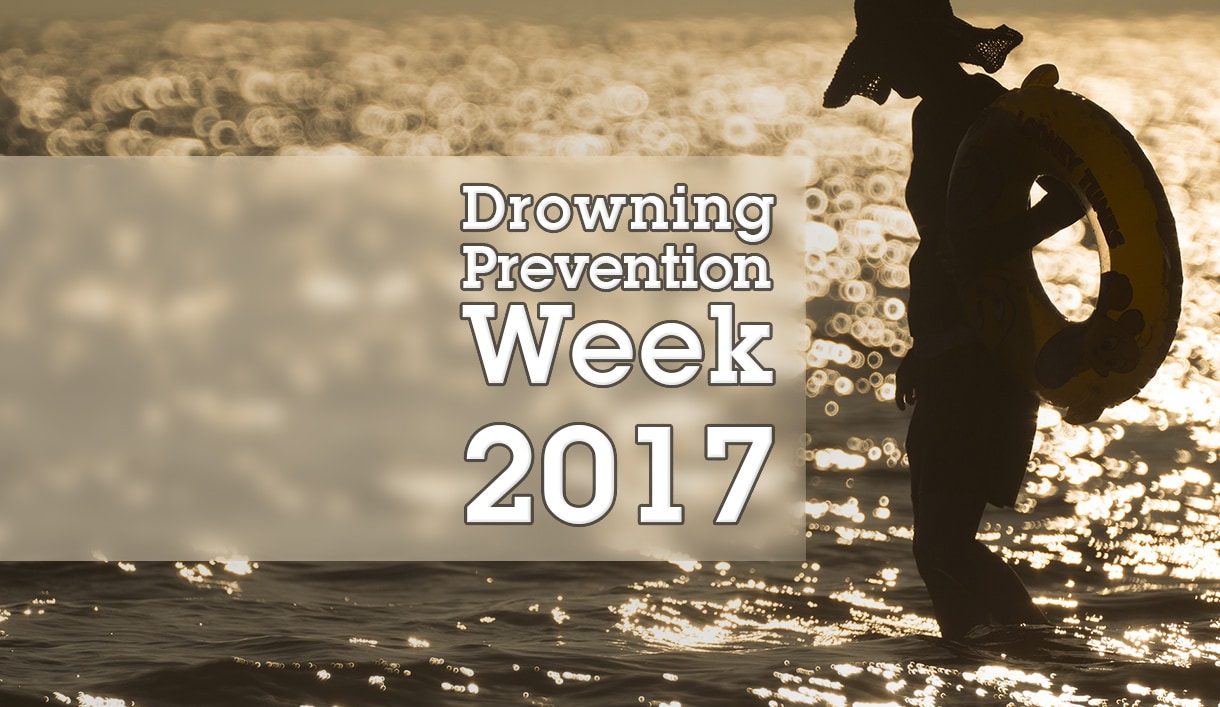

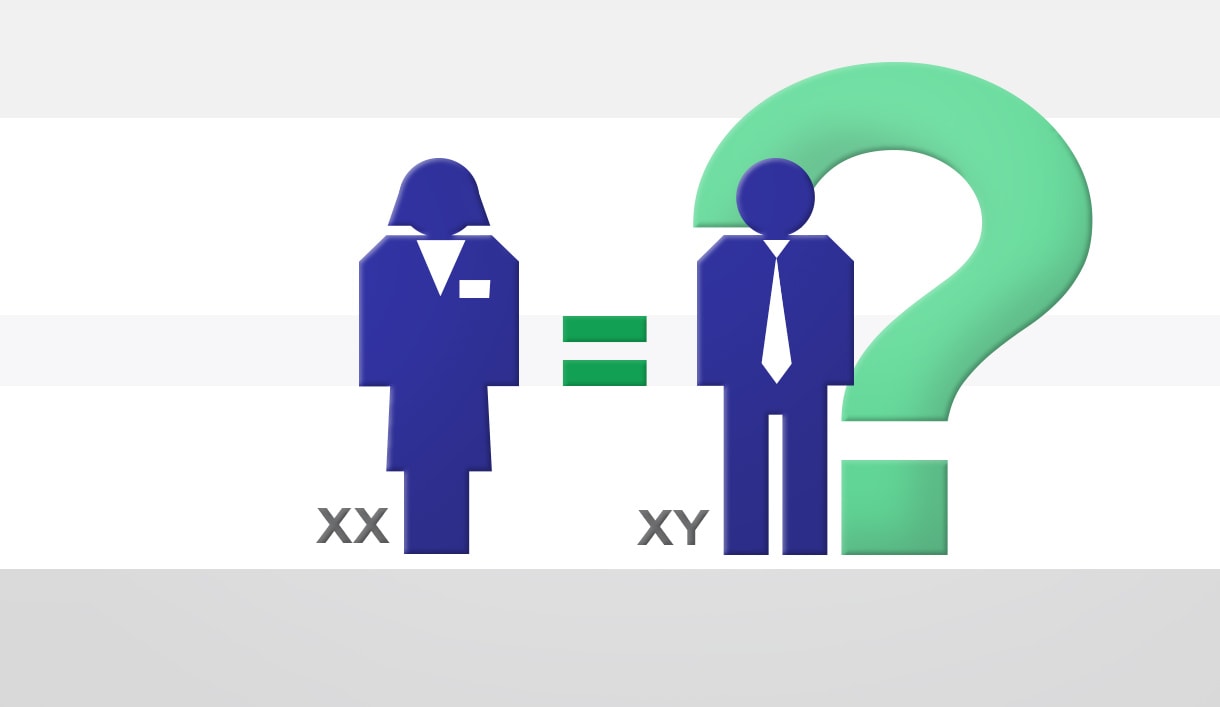

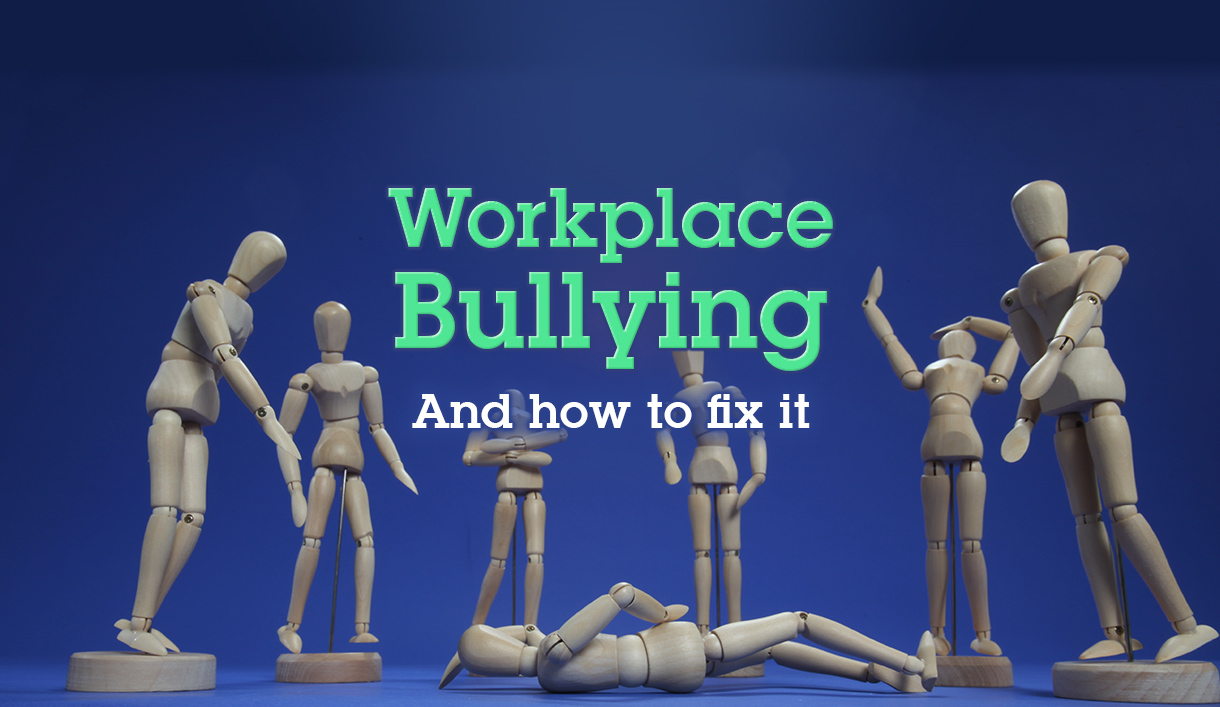
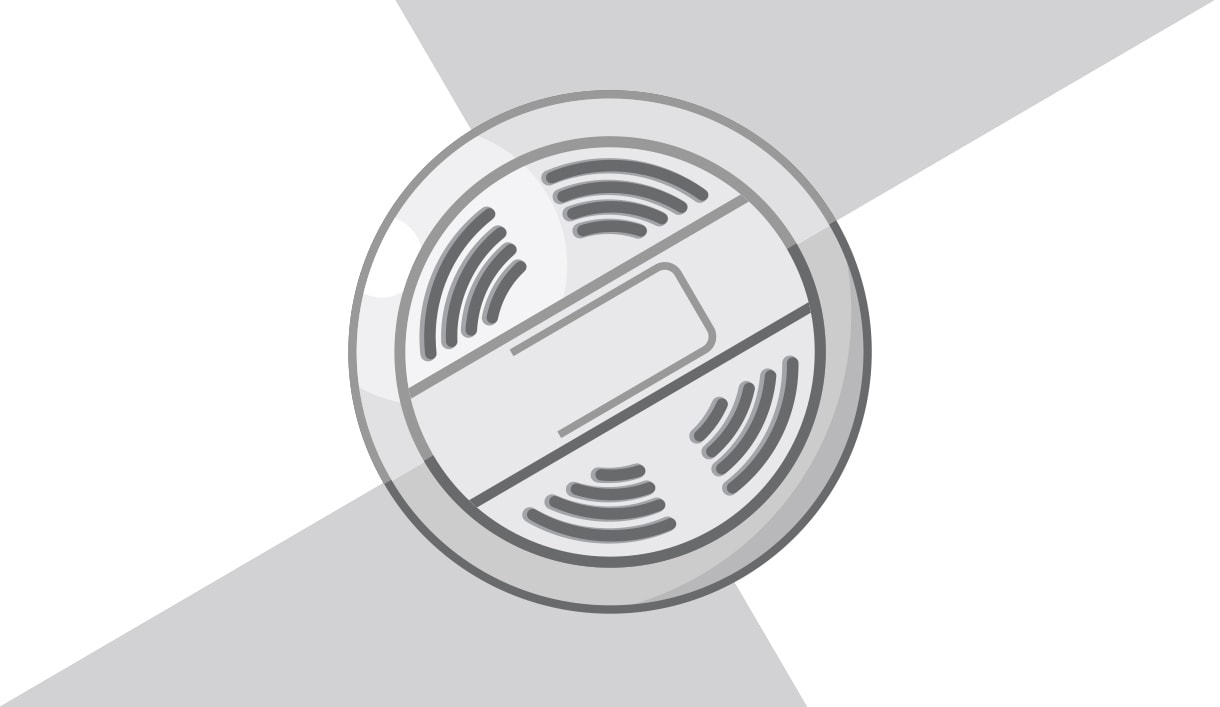
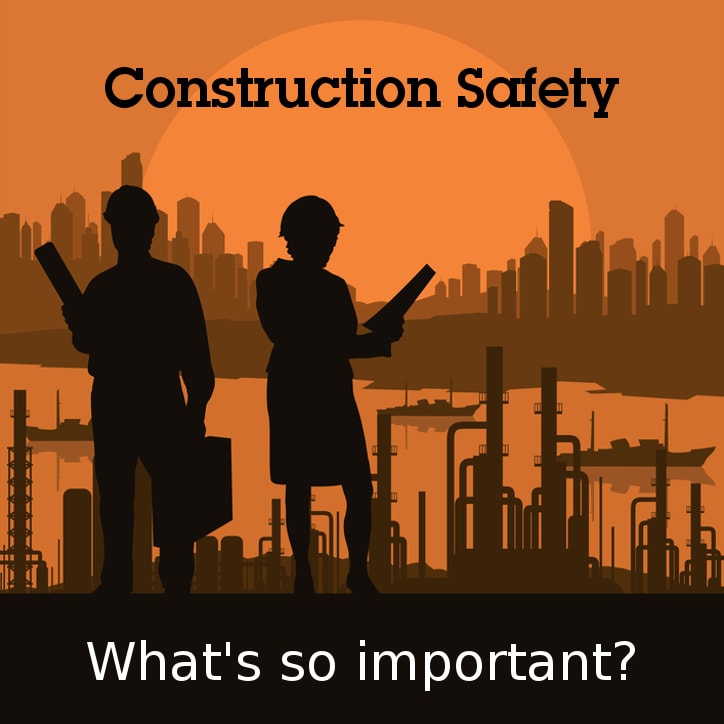

I read your question and then answer find it easy because your wording is simple and meaning full, I am a student of SHEild IGC course and hoping that you will help me for more answers which I need in simple meanings
Thanks